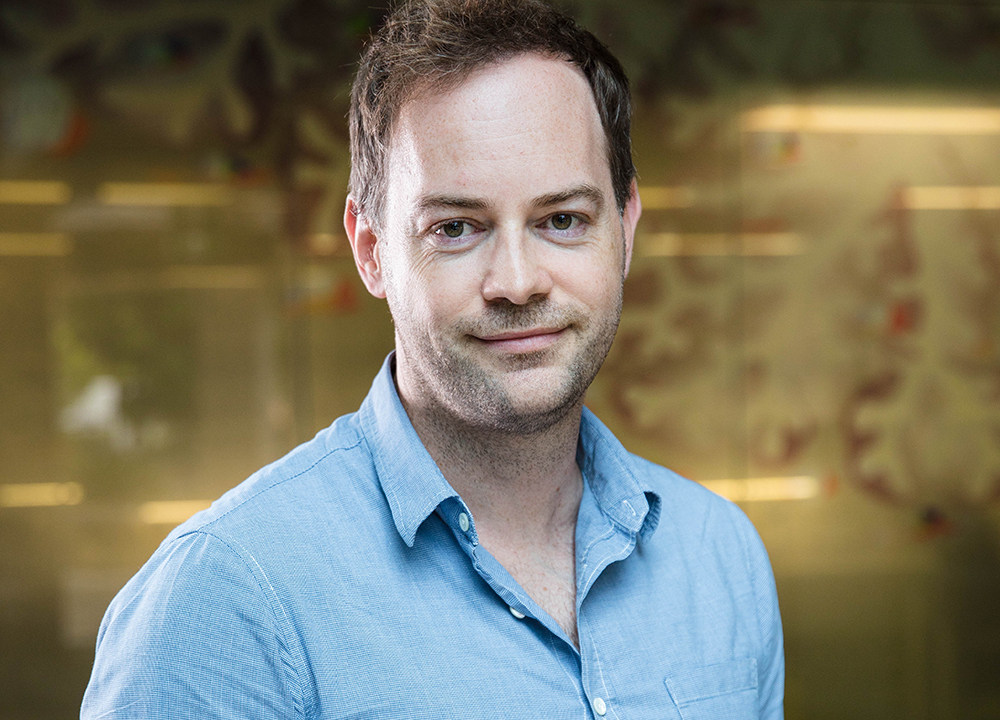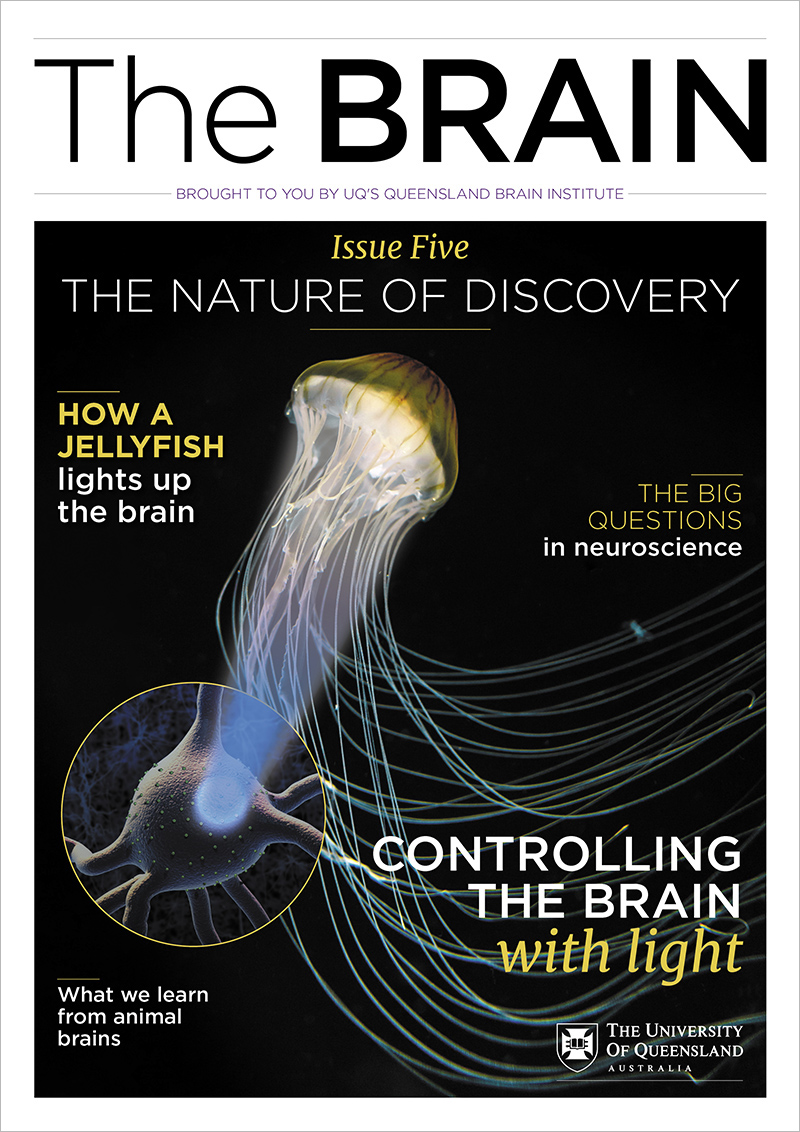Steven Zuryn: mitochondria

Why did you choose your area of research?
I wanted to understand how life works. As a result, I became most interested in the enormous array of tiny molecular machines that work inside each cell. With life expectancies increasing around the world, neurodegenerative disorders represent an enormous disease burden on individuals, families, and society.
My research focuses on how two forms of cellular stress which are associated with practically every single age-related neurodegenerative disease: mitochondrial dysfunction, and toxicity resulting from structurally challenged, aggregate-prone proteins. Our ultimate goal is to prolong neuronal function in the face of disease so that normal life can continue unaffected.
What is the next frontier for neuroscience?
From a scientific perspective my focus is to understand how individual cells work. Within each cell is a tiny universe and we still don’t fully understand most of the fundamental aspects of this. The next frontier is to understand the microscopic mechanics of each individual brain cell. I like to focus on the fundamental building blocks so that we can have some hope of understanding the entire organ in the future.
What drives you?
To be honest, what drives me is to be the first to discover something. It’s a race to discover, a race to show something new, and so what literally drives you is the competition. Curiosity and the thrill of uncovering a hidden piece of nature that has been billions of years in the making is also very motivating.
What is the question that you are trying to answer?
By focusing on mitochondria we want to discover how cells can adapt to their dysfunction. Ultimately, mitochondria are the first casualty of many neurodegenerative diseases so by improving their function, and the ability of brain cells to adapt to their loss of activity during oxygen deprivation, we will improve outcomes for sufferers.
Follow Dr Steven Zuryn on Twitter: @zurynlab

